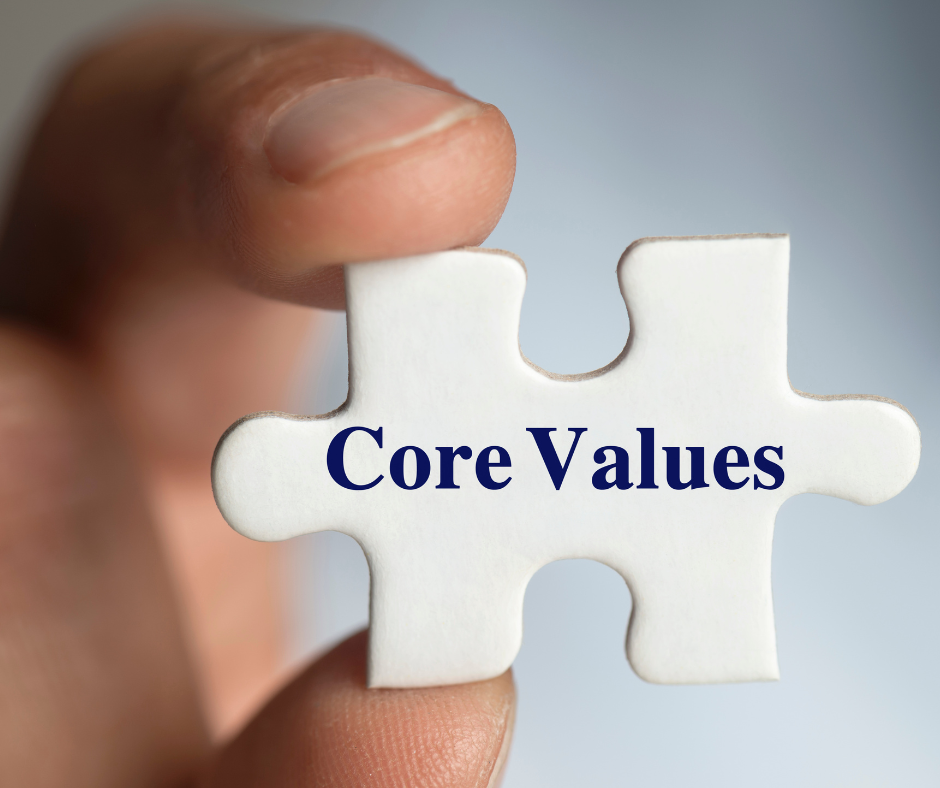
Originally posted on The Huffington Post
I recently came across an article called Why Society Blames Victims, According To Science. A fascinating and worthy topic, this article explores the depths and complexities of why people place blame and fault upon victims. A victim is commonly understood to be a person who has been attacked, injured, hurt, cheated, or fooled by another. So why then, do so many people attribute the blame and responsibility on the one who has been wronged? Why are people searching for fault and liability in those who probably had little to no control over their situation?
This article explores the science behind our reactions to victims, and what leads some people to sympathize with victims, while others wag their fingers with blame. In a world filled with crime, terror, sexual assault, rape, mass violence, and police shootings — where should we be placing the blame? Some believe the victims are at fault, and here’s why.
It starts with a difference in core values.
People who associate themselves with “binding values” often prioritize purity, loyalty and obedience. Values such as these are effective in keeping/binding groups of people together. Thus, anything deviating from the norm of the group will likely lead the person to feel internal conflict and discord. This in turn, means that the more a person identifies with binding values, the more likely they will be to blame a victim for their crime, and to judge the victims as contaminated or tainted in some way.
Conversely, people who gravitate towards “individualizing values” prioritize the reduction of harm and the universal application of compassion. These people tend to think that nobody deserves harm. No matter what.
In addition to the way that deep set values and beliefs sway our opinions of victims, there’s a little something called stigma.
Stigma is an awfully difficult attribute to eliminate. When people believe deep down to their core in binding values, and stigma attaches itself to their philosophies as well, you have a victim blamer in the making. With strong beliefs about accountability, responsibility, and victim judgement, the addition of stigma is bound to cloud a person’s decision even further. Negative (and often untrue) ideas about a person’s race, religion, background, mental health, or appearance can muddy the waters from the start.
These theories help to explain the presence of victim blaming in our society, including victims blamed or made to feel at fault for things like sexual assault, rape, abuse and violence, mass terror attacks, police violence – and even mental illness. How many times have we experienced someone placing the blame of mental illness on the victim? The depressed person should just get their stuff together and be happy. The anorexic girl should just eat. The bipolar guy should just stay on his meds. Why are we blaming innocent people for brain based illnesses? For unwanted assaults? For unimaginable crimes? For destruction and harm inflicted upon them without their consent?
It makes sense that we all encompass pieces of both binding and individualizing values, but what is it exactly that makes some of us lean more towards a “binding” state of mind? Are these types of people lacking in compassion? Are they lacking in empathy? Are they lacking in knowledge? Are they lacking the truth? If so, what can we do to eliminate their tendency to blame victims?
As far as I know, the best we can do is advocate, educate, and spread awareness.
Advocate on behalf of others who are suffering. Educate the public about abuse, violence, racism, and mental illness. And continue to talk about all of the issues and controversy surrounding violence, abuse, racism, and mental illness.
In the meantime, I’ll be over here practicing and strengthening my individualized ideals — and reminding myself that nobody deserves harm. No matter what.

